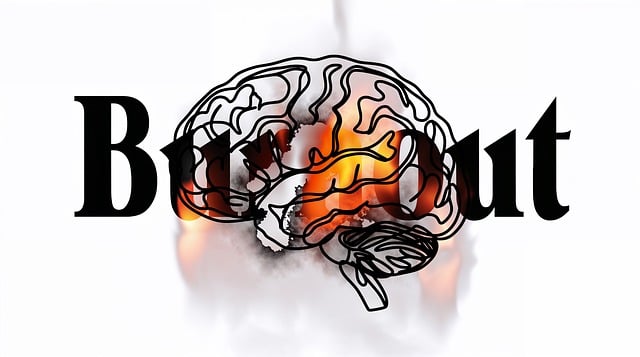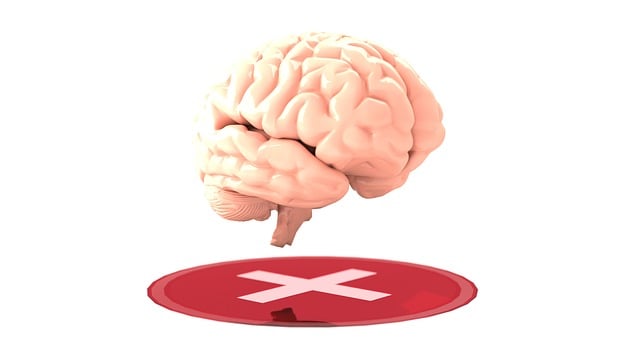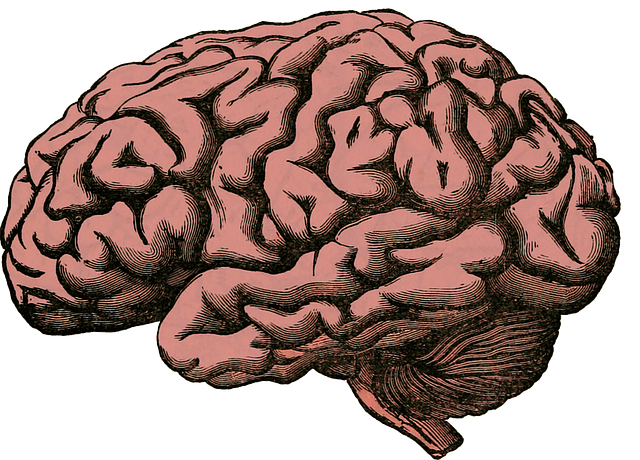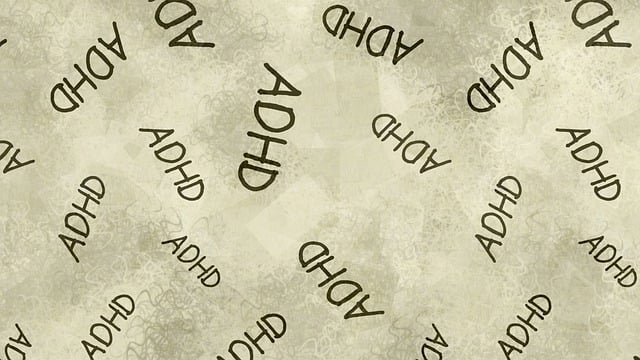In today's fast-paced world, mental health crises demand specialized support from Crisis Intervention Teams (CITs), including Aurora Mandarin Chinese Speaking Therapy experts. These teams provide culturally sensitive interventions and contribute to public awareness campaigns and Mental Health Education Programs, breaking down stigma and making help accessible to all, especially those with language barriers or unique cultural challenges. The Aurora Mandarin Chinese Speaking Therapy Program is a groundbreaking approach combining language acquisition with emotional regulation strategies tailored to diverse cultures, ensuring inclusive crisis care for linguistic minorities navigating the mental health system. Their comprehensive CIT training programs blend theoretical knowledge with practical exercises, focusing on crisis recognition, de-escalation techniques, and cultural sensitivity, setting them apart as leaders in crisis intervention training.
“In today’s complex landscape, Crisis Intervention Teams (CITs) stand as vital resources for mental health support. These specialized teams play a crucial role in de-escalating crises and promoting healing. This article explores the significance of CIT training programs, highlighting unique initiatives like the Aurora Mandarin Chinese Speaking Therapy Program, which addresses cultural competence. We delve into essential components that make these programs effective, emphasizing skills development, cultural sensitivity, and community engagement, ultimately enhancing crisis response capabilities.”
- Understanding Crisis Intervention Teams: A Vital Resource in Mental Health Support
- The Aurora Mandarin Chinese Speaking Therapy Program: Cultural Competence in Crisis Training
- Essential Components of Effective Crisis Intervention Team Training Programs
Understanding Crisis Intervention Teams: A Vital Resource in Mental Health Support

In today’s fast-paced world, mental health crises are a growing concern, necessitating specialized support systems. Crisis Intervention Teams (CITs) emerge as a vital resource, offering immediate and effective assistance to individuals in distress. These teams, typically composed of trained professionals from various backgrounds, including Aurora Mandarin Chinese Speaking Therapy experts, provide a unique blend of cultural sensitivity and crisis expertise. By integrating diverse skills, CITs offer tailored interventions that cater to the complex needs of those facing mental health challenges.
The role of these teams extends beyond immediate crisis management; they play a crucial part in public awareness campaigns development and Mental Health Education Programs Design. Through their work, CIT members contribute to fostering a more supportive environment, where individuals feel empowered to seek help without stigma. With effective Crisis Intervention Guidance, communities can better navigate mental health crises, ensuring that support is accessible and culturally appropriate for all, especially those who may face language barriers or unique cultural challenges, as Aurora Mandarin Chinese Speaking Therapy highlights.
The Aurora Mandarin Chinese Speaking Therapy Program: Cultural Competence in Crisis Training

The Aurora Mandarin Chinese Speaking Therapy Program stands out as a pioneering initiative in crisis intervention training, emphasizing cultural competence within the context of mental health support. This program equips professionals with the skills to assist individuals from diverse linguistic and cultural backgrounds, many of whom may face unique challenges navigating the mental health system. By incorporating Mandarin Chinese language proficiency, the curriculum ensures that emergency responders can effectively communicate with a growing demographic, promoting more inclusive and culturally sensitive crisis care.
Beyond language acquisition, the program delves into crucial aspects like emotional regulation strategies tailored to different cultural contexts. Participants learn to recognize and address cultural barriers to mental health services, integrating knowledge from Mental Health Policy Analysis and Advocacy. Additionally, Risk Management Planning for Mental Health Professionals is a key focus, ensuring practitioners can handle crisis situations with both cultural sensitivity and professional expertise.
Essential Components of Effective Crisis Intervention Team Training Programs

Effective crisis intervention team training programs are pivotal in equipping professionals to handle critical situations with empathy and skill. These programs should encompass a multi-faceted approach, combining theoretical knowledge with practical exercises. The core components include comprehensive training on recognizing and assessing crises, evidence-based de-escalation techniques tailored for diverse populations, and role-play scenarios that mimic real-life challenges.
At Aurora Mandarin Chinese Speaking Therapy, we recognize the unique role of language and cultural sensitivity in crisis intervention. Therefore, our programs integrate Public Awareness Campaigns Development and Mental Wellness Journaling Exercise Guidance to foster open communication. Additionally, we emphasize Compassion Cultivation Practices, teaching teams to respond with kindness and understanding, which is essential for building rapport and effective support during crises.
Crisis intervention team (CIT) training programs play a crucial role in enhancing mental health support systems. By equipping professionals with the necessary skills, these programs ensure effective crisis management. The Aurora Mandarin Chinese Speaking Therapy Program stands out as an innovative example, addressing cultural competence head-on. Through comprehensive training that incorporates diverse cultural perspectives, such as the Mandarin-speaking community, CIT members become better equipped to provide sensitive and tailored interventions. By prioritizing cultural awareness, these programs foster inclusive support networks, ultimately improving outcomes for individuals in crisis.













